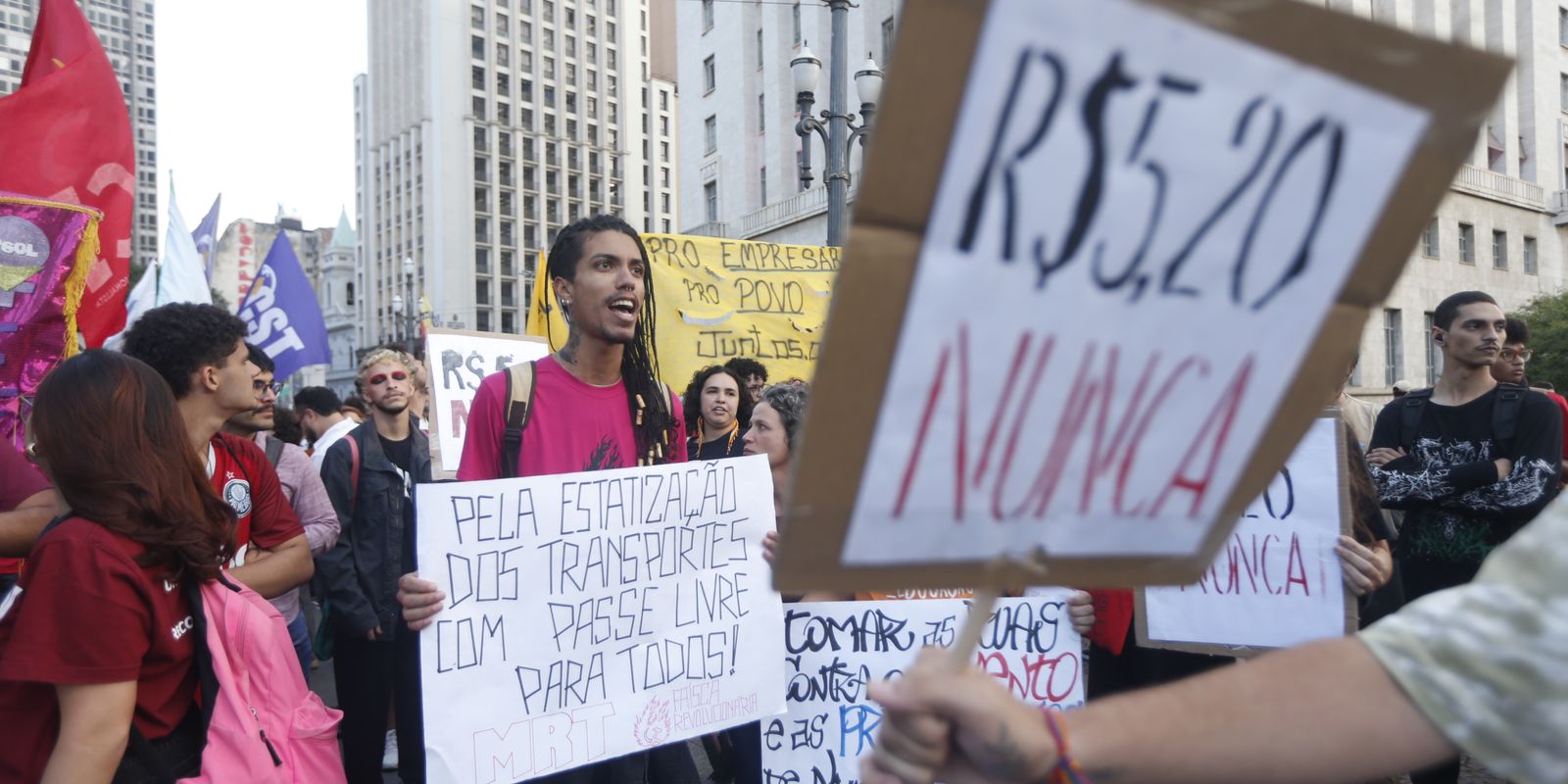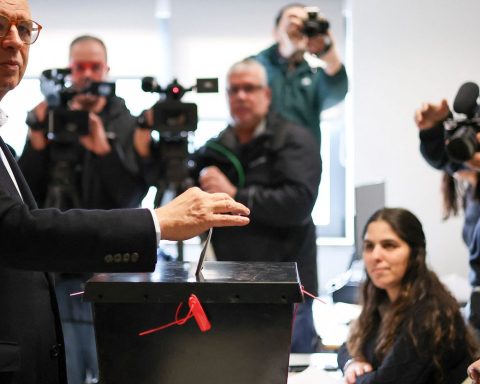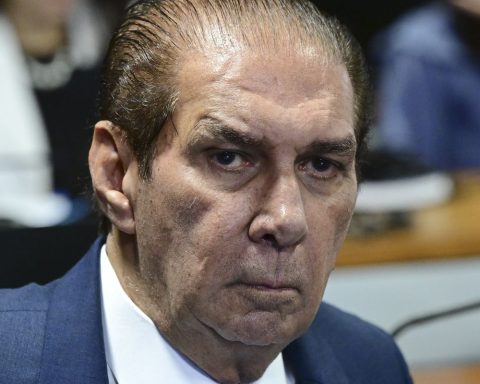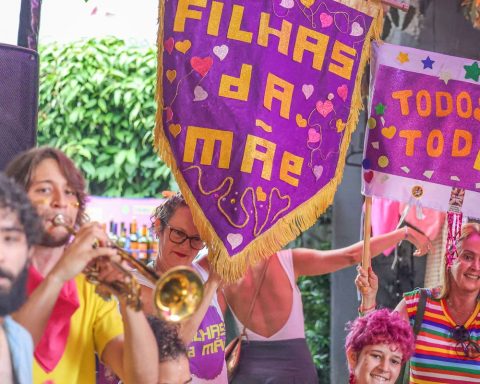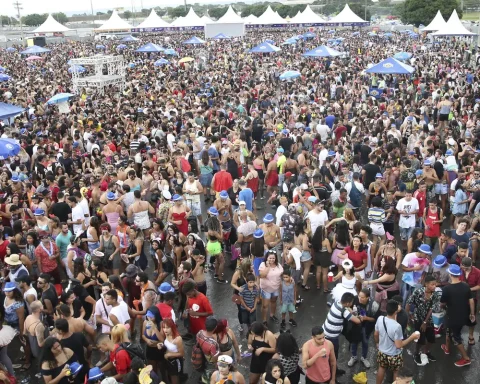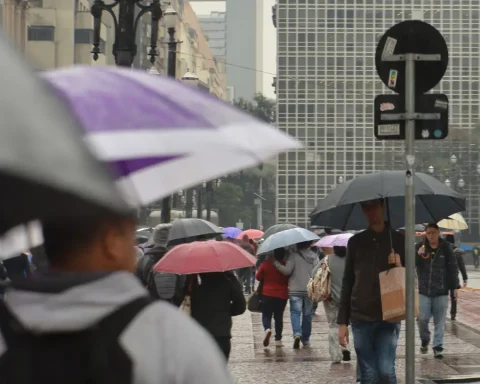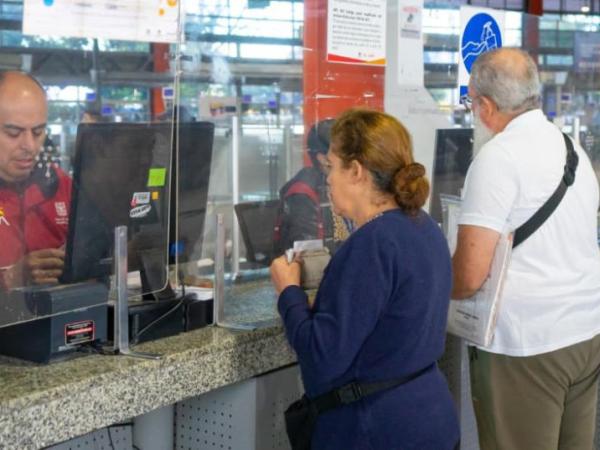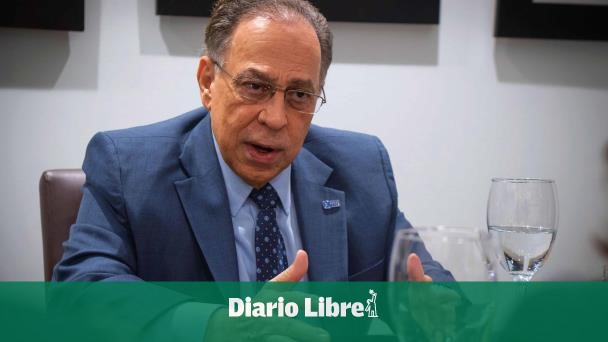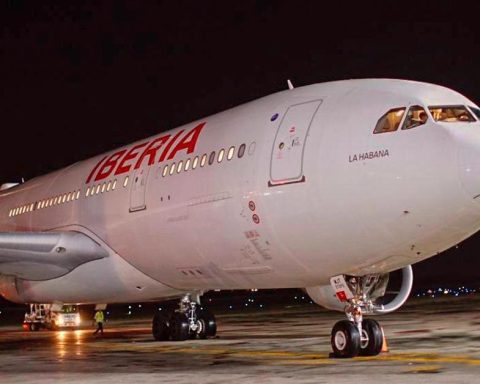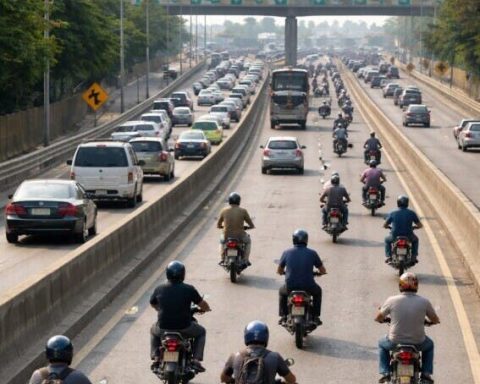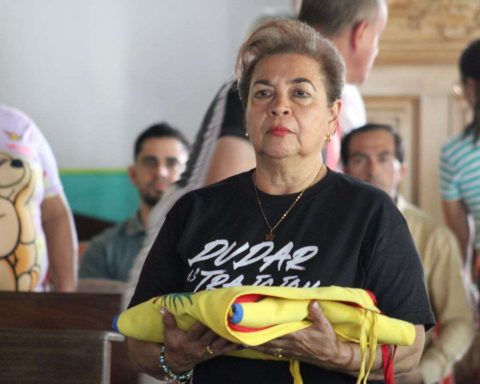On the fourth day after the increase in municipal public transport tickets in the city of São Paulo, from R$4.40 to R$5.00, and rail transport tickets from R$5.00 to R$5.20, some hundreds of people walked in protest through the center of the capital. 
According to the organization, around 2000 people participated in the march, which shouted slogans against the new values and privatizations, and in favor of free public transport. The group left in front of the city hall and should end the mobilization in Vale do Anhangabaú, after circulating through the center.
The act was called on the 26th, the date on which the city hall announced the increase after a meeting of the Municipal Traffic and Transport Council (CMTT), on the same date. Opposition representatives and some council members accused the municipality of not allowing a broad debate on the increase and state participation in financing the system. The movement complains about the weight of ticket prices on the budget of the majority of the population. The city hall justified the increase by stating that there are free payments for specific audiences, such as students, the elderly and the disabled, in addition to the amount having gone 5 years without an increase.
The flag is defended by the free pass movement, which originated in the autonomous organization of the Free Passe Campaign, in Florianópolis, in 2000, and by the mobilizations in Salvador, in 2003, becoming a movement articulated in local collectives. In 2013, the great mobilization of the São Paulo collective and the harsh police repression in São Paulo gave rise to the massive protests of the June Days, a process that gave rise to political movements on the right and left. In this decade, the Movimento Passe Livre “returned to its origins”, acting as a movement of permanent and horizontal discussion, with fewer participants and enthusiasts but active on the networks and eventually, as today, in mobilization on the streets.
